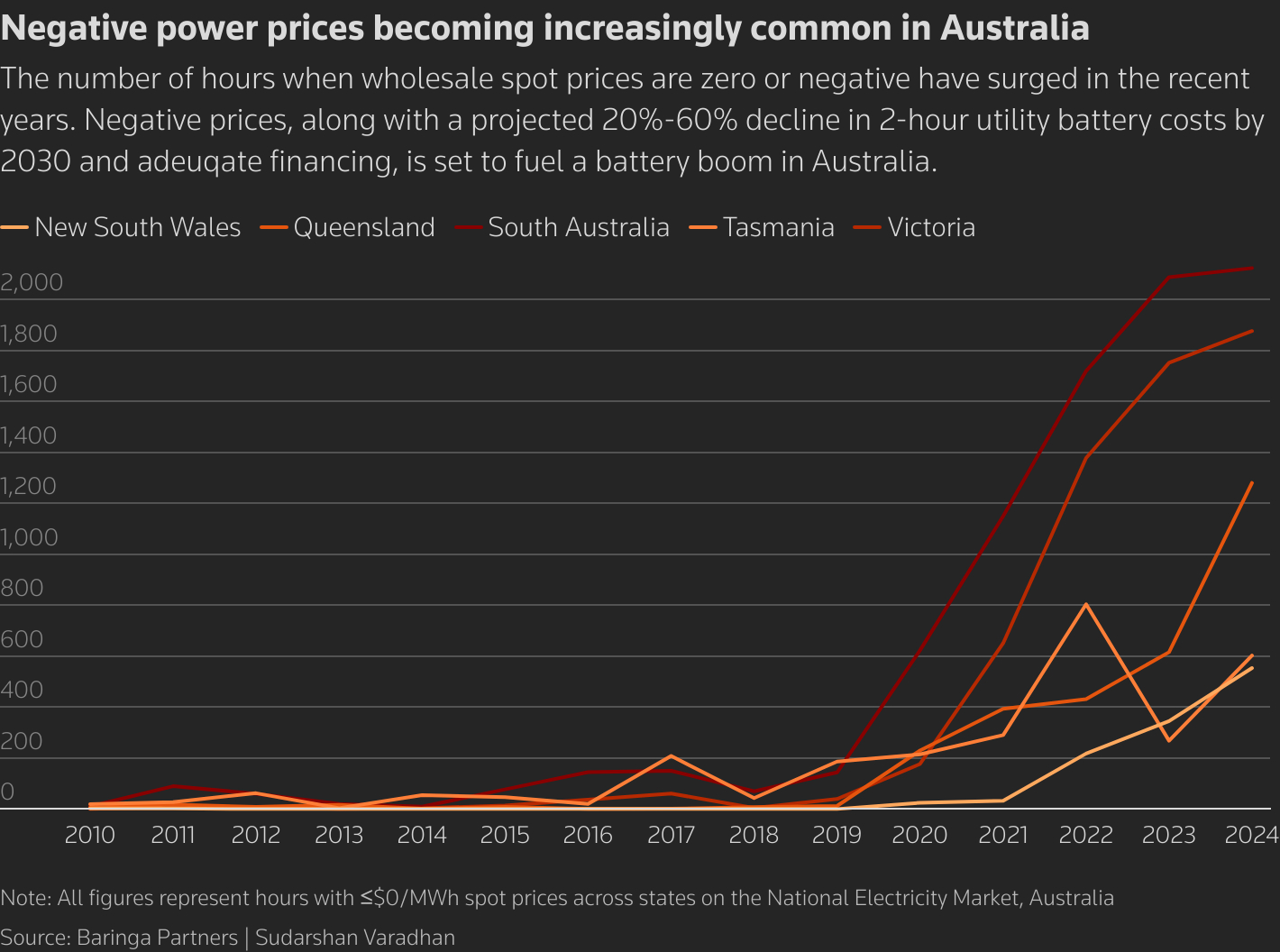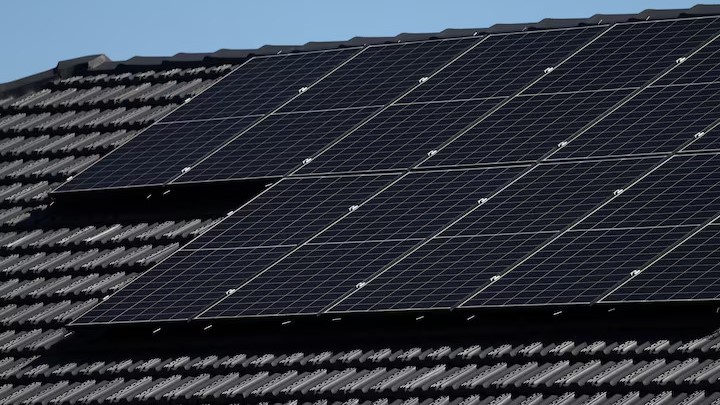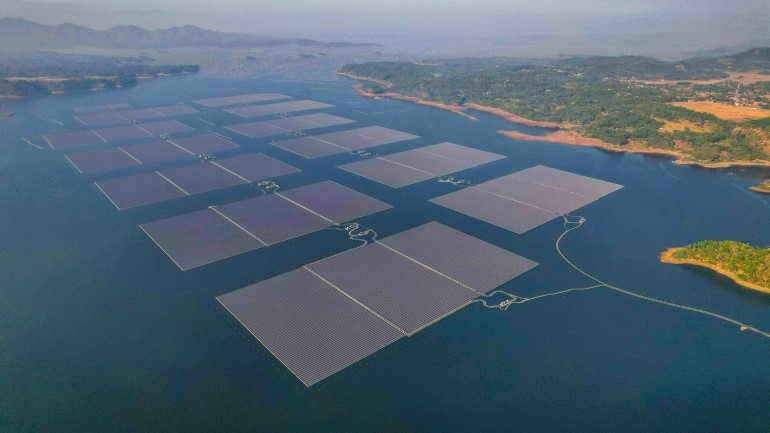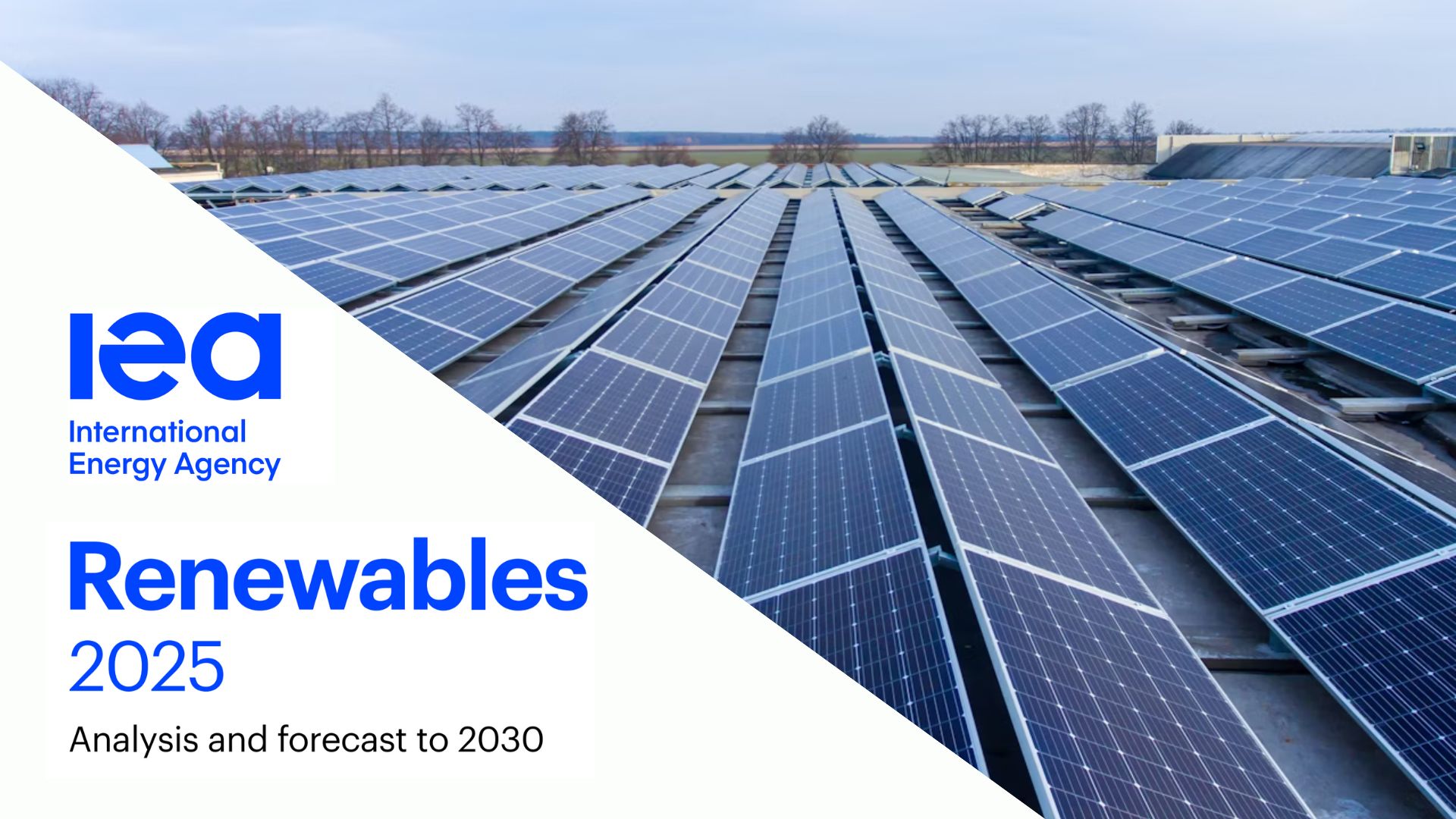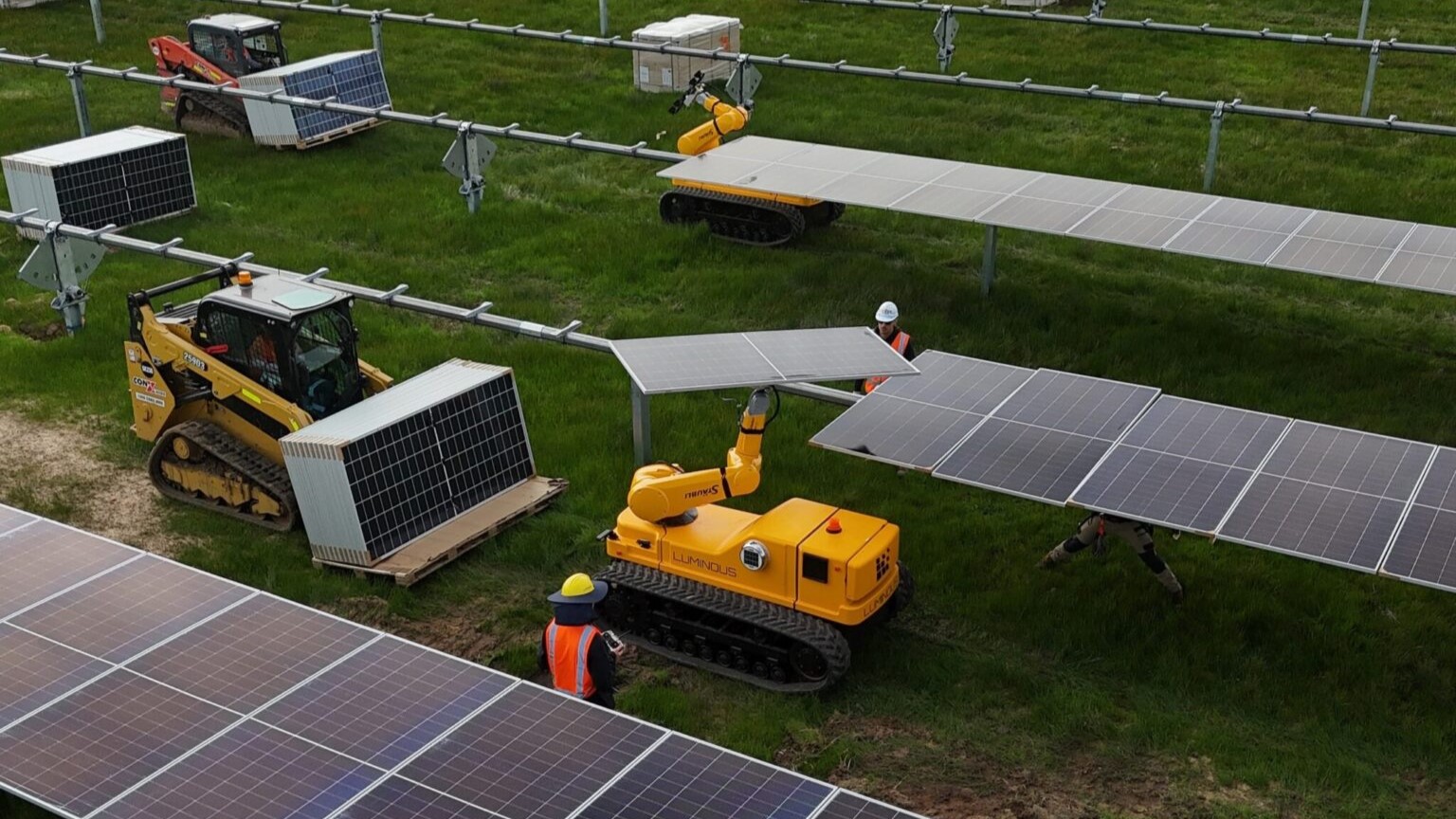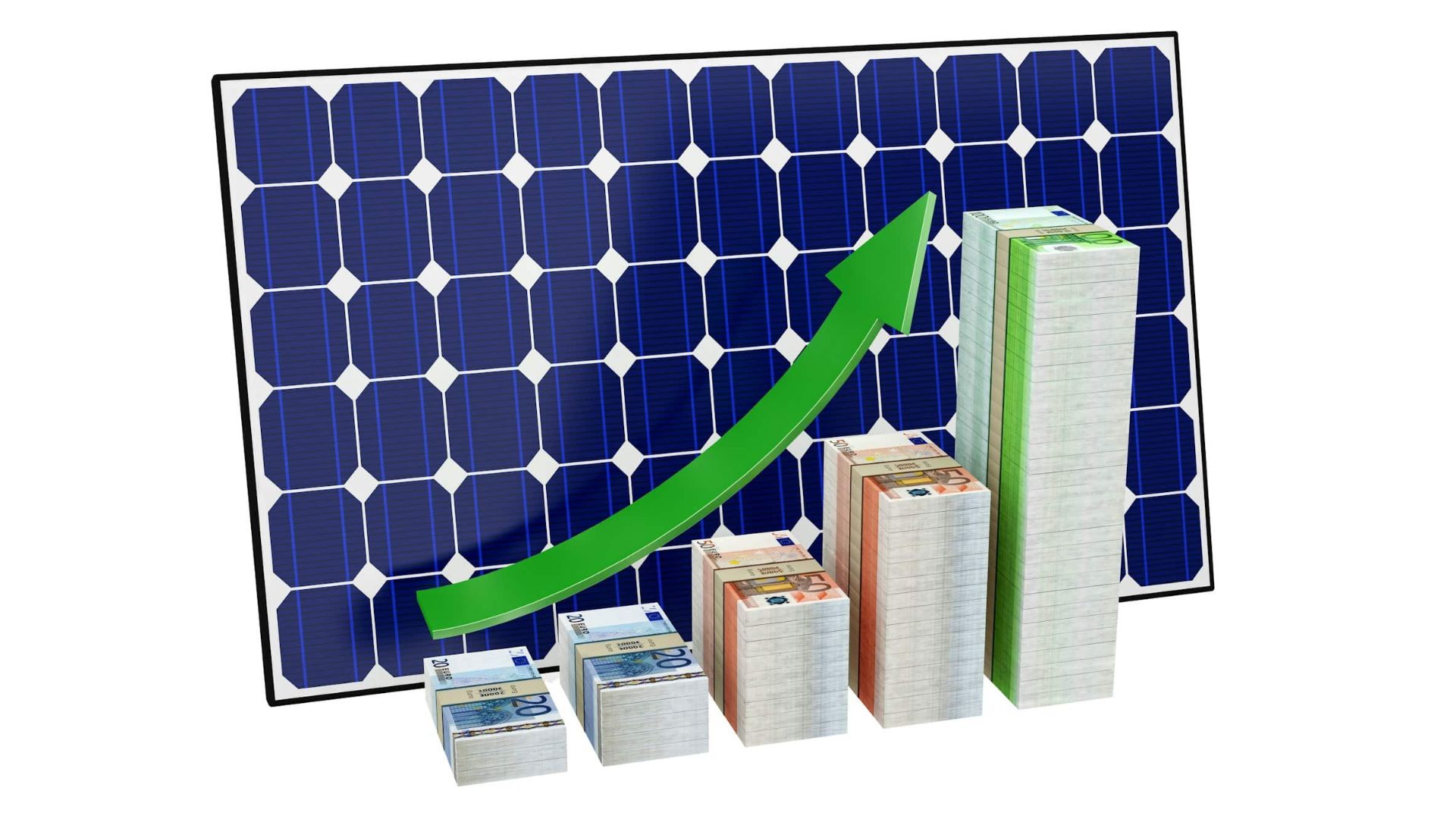Investors in Australia's battery energy storage sector are embracing the chaos of the spot markets, emboldened by the nation's moves to scale up its renewable energy infrastructure.
As a result, investors in the sector have started to fund projects without fully secured long-term revenue, with the first two market-exposed battery projects securing funding this year.
Analysts said more flexible financing would make more money available to the sector as growing adoption of renewable energy increases demand for storage.
That demand has been aided by Australia's accelerated buildout of its solar and wind generation capacity and its closure of coal plants as it goes headlong toward a goal of 82% renewable energy by 2030.
Australia's spot market is designed to give real-time demand signals, which help drive investment, analysts say, as volatility in pricing makes arbitrage - selling when prices rise and charging when they fall - more attractive.
When energy prices are low, operators charge their batteries by buying power. When they are negative, they can get paid for charging. When they are high, they discharge the power and make a profit based on the difference between the price at which they bought and sold.
Most other markets around the world depend on centralised payments for capacity being available to address sudden fluctuations in demand or long-term deals that pay steady revenue for power generated over the course of years.
Just a few years ago in Australia, battery energy storage systems (BESS) projects without long-term contracts were funded entirely by equity and government support, according to Paul Martin, Mitsubishi UFJ Financial Group's (MUFG) regional head for project finance.
But since 2023, sharp price swings and falling battery costs have driven A$12.6 billion ($8.4 billion) in BESS investments, according to the Clean Energy Council, a Melbourne-based industry group. Australia is Asia-Pacific's largest BESS market outside of China.
Negative wholesale prices - when supply far exceeds demand and generators pay to avoid shutdowns - are becoming increasingly common in Australia, creating opportunities for battery operators to earn revenue by charging, said Zhi Qin Low, senior manager at Baringa Partners, a consultancy.
"Today, BESS projects can secure financing of up to 100% merchant risk," Martin said, referring to financial exposure to projects that are wholly dependent on earnings from the market.
MUFG was part of a group that provided A$722 million in financing for the first two phases of Queensland's Supernode BESS project, one of Australia's largest storage operations.
"The gold rush is on now in Australia with batteries and banks are demonstrating strong appetite for BESS financing along with an increased willingness to consider various types of revenue models," noted one developer focused on renewables and BESS in Australia.
The tilt toward merchant revenues can accelerate battery build-outs but pushes more risk onto investors and lifts financing costs, the developer and analysts say.
While investor returns could potentially be higher than long-term deals, so are the risks - especially if incentives weaken following policy changes.
